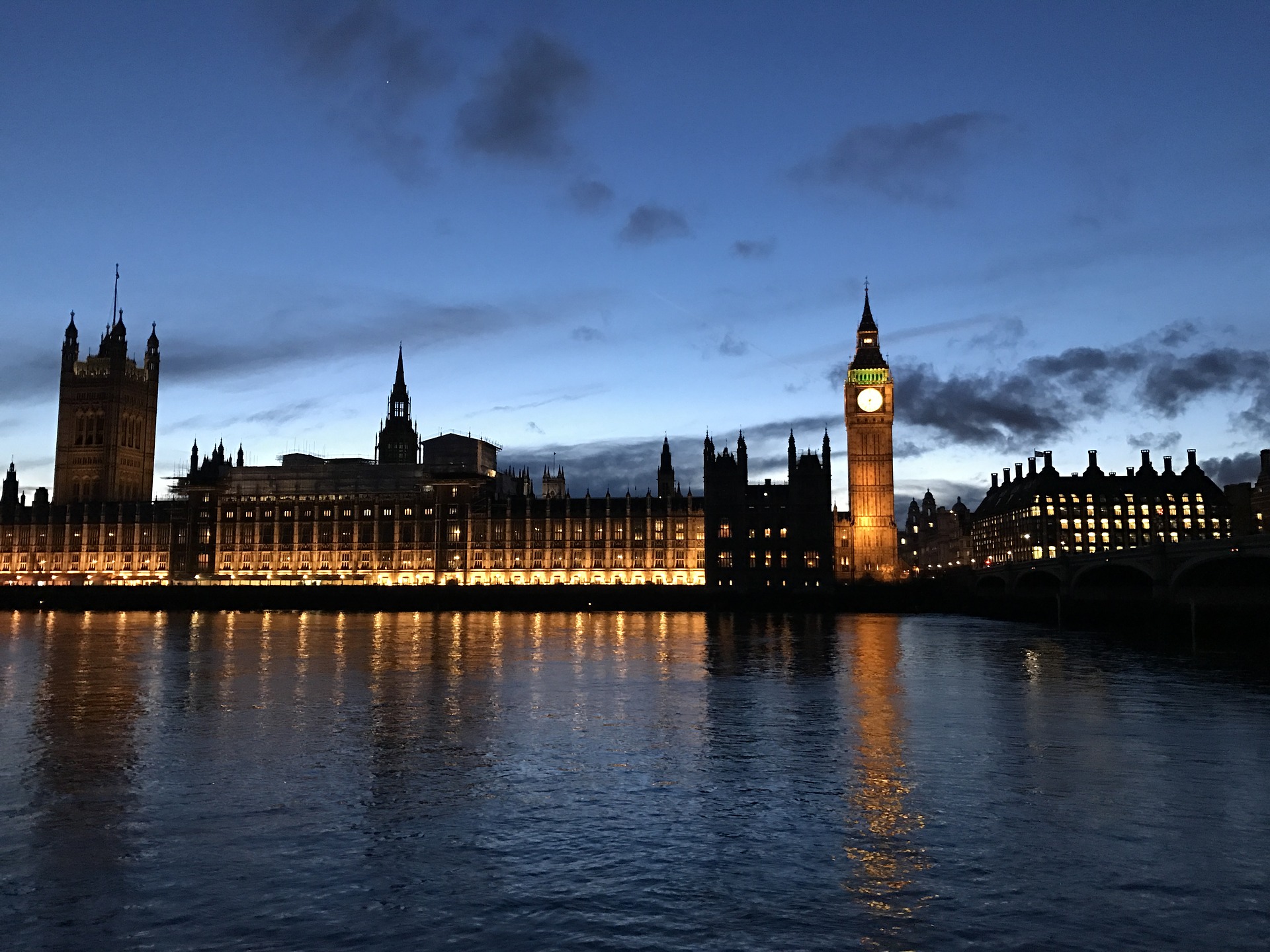The board is set
As the first round of negotiations come to a close on the future relationship, Brexit Brief returns. EU and UK ministers revealed their opening positions last week (and breakfasts this week) for the post-transition period trade negotiations. One side, there is the UK, ever vehement on regulatory independence. On the other is the EU, unflinchingly insisting on maintaining the product standards (using those of the Union as a point of reference) must be guaranteed in order to reach a trade deal.
Both mandates reveal fundamental gaps. The EU calls for a Swiss-style, single agreement with the UK falling under the jurisdiction of the European Court of Justice. The UK mandate, however, makes it clear its preference lies in multiple, separate accords on different sectors (akin to a Canada-style agreement). The UK does not see the need for a “level playing field” of product standards, which the EU calls essential for continued free market access.
Opening moves
The UK government has also declared its intention to break off negotiations in the case no broad outline is formed by June (what the government describes as an ‘Australian-style’ agreement, or what we’ve formerly known as ‘none at all’). This deadline is significant, as it approaches the last moment the two sides could agree to extend the transition period (a possibility London has already rejected in difficult-to-overturn legislation). French Europe Minister Amélie de Montchalin has already warned the EU will not be restricted by “artificial deadlines.”
A major concern for the UK, and thus a likely yardstick with which progress will be measured, is the guarantee of continued free data flows between the EU and UK to provide cross-border goods and services. For the EU, the early priority is maintaining status-quo fishing rights in UK waters. The EU is so far conflicted on whether UK legislation provides adequate data protection and privacy to establish equivalency, with the Commission making non-committal but positive statements but the Parliament raising concerns. Content on digital trade is relatively scant in both mandates: both only go as far as saying they support facilitating digital trade and enabling free movement of capital.
Player 3 has joined the match
This table, however, has three sides. In the far left, there is the US. UK-US trade negotiations are hailed as an insurance policy against any setbacks in EU negotiations. However, the mandates for these negotiations imply substantial linkages between the two. For instance, the UK aims to secure a free flow of transatlantic data, while maintaining its data protection standards. This implies a difficult balancing act between the standards of Brussels and Washington, with Brussels concerned about onward transfer and Washington keen to liberalise.
Another area where EU negotiations are likely to spill over is food safety, where the Commission is concretely demanding the UK maintains current bans on products such as the now-infamous chlorinated chicken, which would potentially be imported from the US. The UK thus either “stays in line” with the EU, taking a card of the US negotiation table, or concedes to the US and risks being excluded from the European market. Other US-UK trade issues are likely to be brought to the forefront as well, such as digital services taxation and 5G supply chains. Johnson’s team will thus be forced to make tough choices regarding its priorities early on in both negotiations, maintaining a tight balance between the political appetite for concessions at home, economic practicality in ties with the EU, and protecting its market without becoming unappetising for the US. Hopefully, breakfast won’t be weighing too heavy on the stomach – it’s going to be a bumpy ride.





